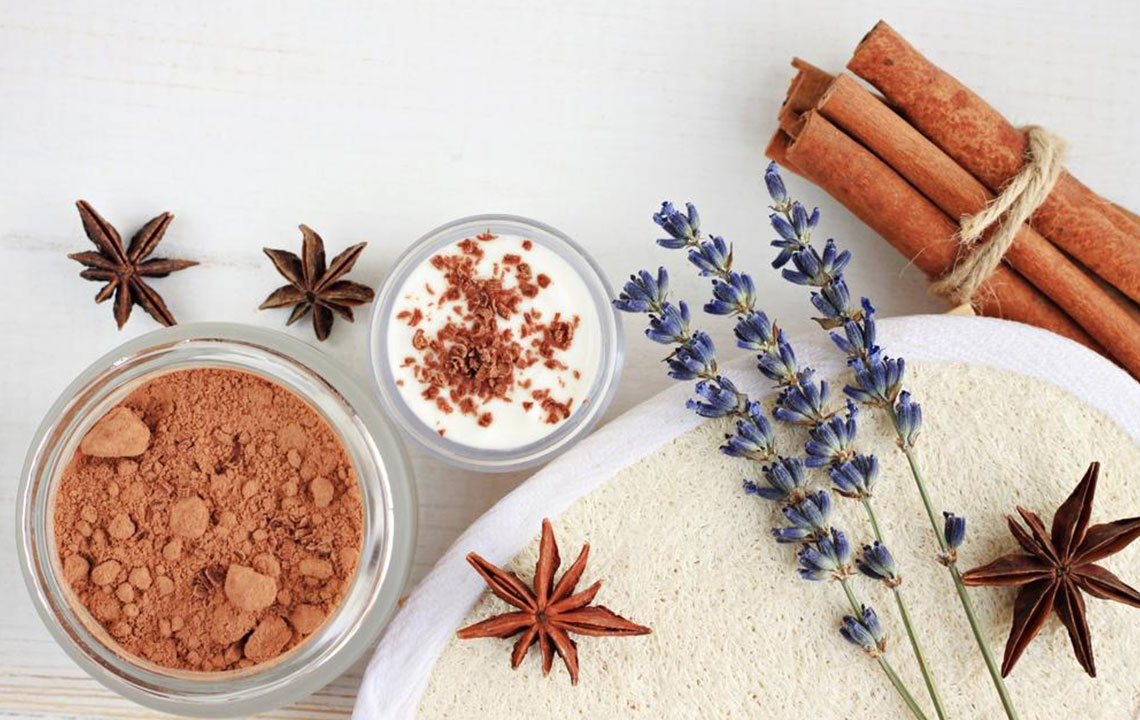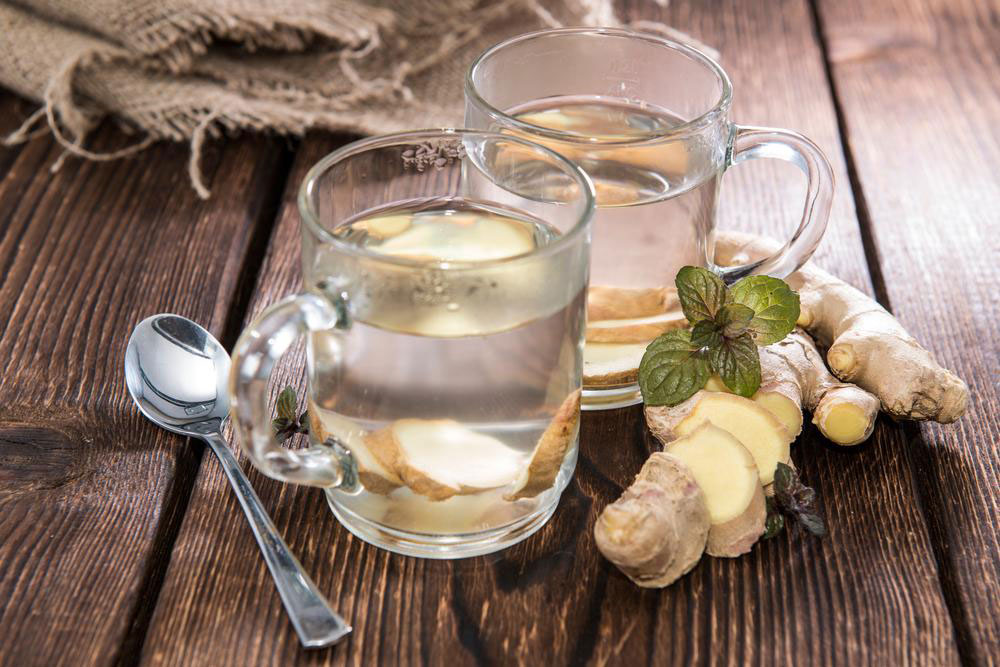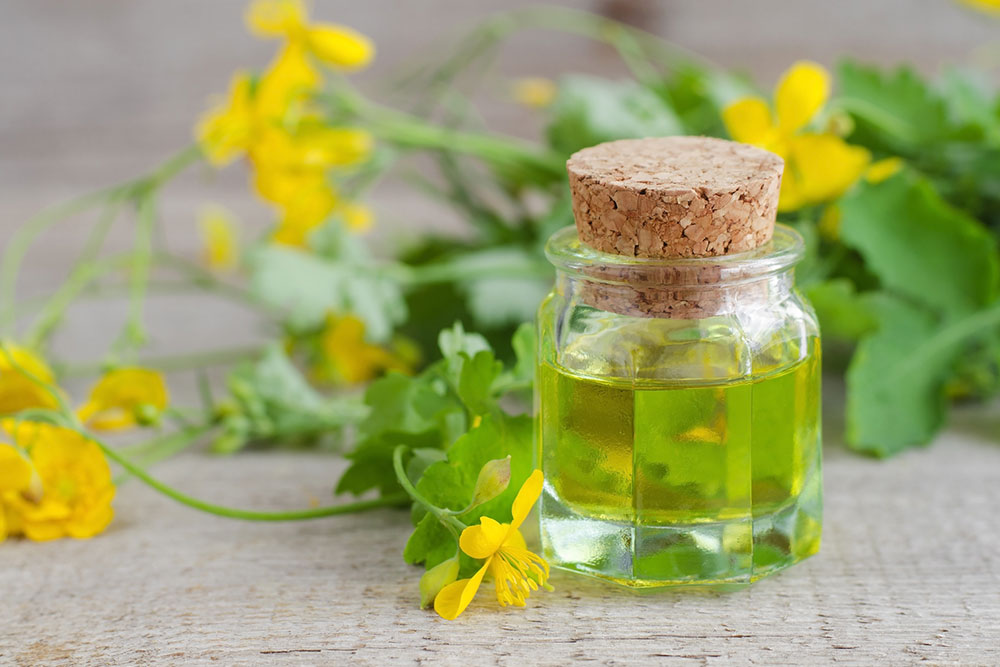Comprehensive Natural Strategies and Lifestyle Tips for Managing Hepatitis C Effectively
This comprehensive guide explores natural remedies and lifestyle tips for managing hepatitis C effectively. It emphasizes early intervention, dietary adjustments, herbal supplements, and safety measures to support liver health. Learn how to complement medical treatments with natural approaches such as milk thistle, turmeric, and lifestyle changes like avoiding toxins and maintaining a balanced diet. Empower yourself with actionable strategies to improve recovery, strengthen immunity, and prevent disease progression. Essential for hepatitis C patients seeking holistic management options, this article provides valuable insights for better health and quality of life.

Effective Natural Approaches and Lifestyle Modifications for Hepatitis C Management
The liver plays a vital role in maintaining overall health, supporting digestion, storing essential nutrients, and detoxifying harmful substances from the body. Hepatitis C (HCV), a viral infection that causes inflammation of the liver, poses significant health risks if not detected and treated promptly. Without timely intervention, hepatitis C can progress to severe complications such as cirrhosis (liver scarring), liver failure, and even hepatocellular carcinoma (liver cancer). Recognizing the importance of early diagnosis and combined treatment strategies—including natural remedies and lifestyle changes—is crucial for improving health outcomes and ensuring longevity.
Hepatitis C exists in two primary forms: acute and chronic. While the acute stage may show mild or flu-like symptoms, many individuals remain asymptomatic and are unaware of their infection. Chronic hepatitis C, however, can silently damage the liver over years, leading to serious health problems if left untreated. Conventional medical treatments predominantly include antiviral medications like interferon, ribavirin, and newer direct-acting antivirals (DAAs). These can be effective but often come with potential side effects and high costs, making natural adjunct therapies appealing for many patients.
It’s essential to consult healthcare professionals before starting any complementary approaches. In addition to antiviral drugs, lifestyle modifications and natural supplements can significantly support liver health and bolster immune defenses:
Milk Thistle (Silymarin): Widely recognized for its hepatoprotective qualities, milk thistle contains silymarin, a potent antioxidant compound that shields liver cells from oxidative stress and inflammation. Regular use may help improve liver enzyme levels, promote regeneration, and reduce damage. However, dose and duration should be guided by a healthcare provider.
Turmeric (Curcumin): This vibrant spice has well-documented anti-inflammatory and antioxidant properties. Curcumin helps modulate immune responses, reduce liver inflammation, and potentially inhibit viral replication. Combining turmeric with black pepper enhances absorption, making it more effective.
Limit Alcohol and Toxins: Alcohol consumption accelerates liver deterioration in hepatitis C patients. Avoiding alcohol altogether or consuming it minimally is vital. Additionally, reducing exposure to environmental toxins and chemicals—such as pesticides, pollutants, and certain cleaning products—can lessen liver burden.
Strict Safety Measures for Bloodborne Transmission: Hepatitis C spreads primarily through contaminated blood. Always ensure the use of sterile needles during medical procedures, tattoos, piercings, and injections. Avoid sharing personal items like razors, toothbrushes, or nail clippers that may carry infected blood.
Balanced and Liver-Friendly Diet: Adopting a nutritious dietary plan helps support liver recovery. Emphasize fresh fruits, vegetables, whole grains, lean proteins, and healthy fats. Reducing red and processed meat intake minimizes liver stress. Eating smaller, more frequent meals eases digestion and prevents overloading the liver. Drinking plenty of water encourages detoxification and flushes out toxins.
Regular Physical Activity: Incorporating moderate exercise into daily routines strengthens the immune system, improves overall stamina, and reduces fat accumulation in the liver—a common complication associated with hepatitis C. Activities like walking, swimming, yoga, and tai chi are gentle yet effective.
Avoidance of Toxins and Smoking: Exposure to pesticides, cleaning agents, and cigarette smoke damages liver cells further. Quitting smoking and reducing chemical exposure can significantly contribute to liver health and overall well-being.
Living with hepatitis C requires a comprehensive approach combining medical treatment with supportive natural therapies and lifestyle alterations. Although managing the condition can be demanding, embracing these natural remedies and habits can lead to improved health, enhanced quality of life, and potentially better treatment outcomes. Remember, always consult your healthcare provider before initiating any new treatment or supplement plan to ensure safety and appropriateness for your specific health condition.





